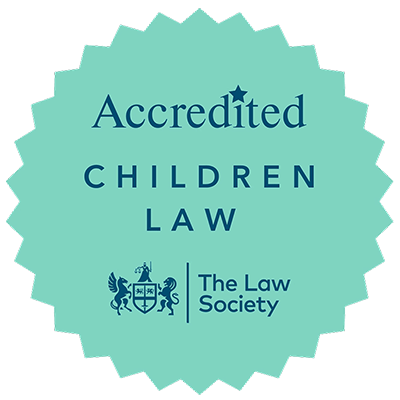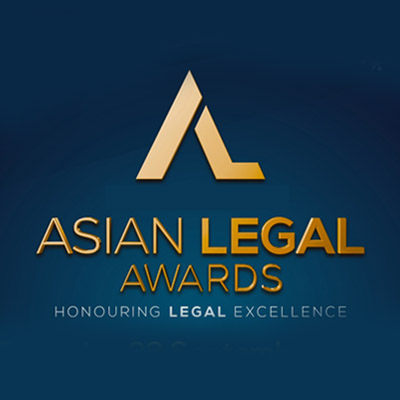Police Station Interview
It may be that the service police contact you, via your unit, asking you to attend for an interview. Your rights are exactly the same. You do not have to speak to the service police until you have received proper legal advice.
In either of these situations you should contact an experienced armed forces solicitor who can normally arrange with the service police for your interview to take place at a mutually convenient time.
We advise service personnel to seek early legal advice with regard to any potential service police investigation and in particular, to have an experienced solicitor who is used to dealing with the Armed Forces present at any police interview. We represent service men and women in cases throughout Wiltshire, Hampshire, Dorset and further afield – including Courts Martial outside the UK.
Charging
Summary Dealing or Court Martial?
Alternatively, you can proceed with the summary hearing and if you disagree with the outcome you have the right of appeal to the Summary Appeal Court and can appeal against the finding of guilt, the sentence imposed or both.
At a Court Martial or at the Summary Appeal Court you are entitled to legal representation. If you appeal the finding of guilt you will face a full trial at the Summary Appeal Court, just as if your case was referred to, or you had elected for, trial by Court Martial. Our lawyers are experienced at defending service personnel at both.
What happens in a Court Martial?
The defendant in a Court Martial usually wears full military uniform but without a belt. Instead of sitting in a dock, as would be the case in a civilian court, the defendant instead sits next to the Defence Counsel — much like many foreign civilian courts. The Judge Advocate wears a wig, bands and a black robe with a sash containing the service colours. Judge Advocates used to be referred to as ‘Sir’, until 2012, when this was changed to ‘Your Honour’.
Whereas a civilian court will be made up of a civilian jury, usually of twelve people, a Court Martial is made up of a jury known as a Board, which consists of between three and seven members depending on the seriousness of the offence. The Board are all either current or past commissioned officers. The most senior member is known as President of the Board, who effectively acts as the foreman in a Crown Court.
When the Board votes, they do so in reverse (rising) order of superiority, ensuring that no member feels pressured to vote a certain way because of the vote of a superior officer.
Funding
Simply call one of our team on 020 3325 7415 for FREE initial legal advice.
Require us out of hours please either telephone us on 020 3325 7415 or email us on info@berrislaw.co.uk or complete the online form.



Let's Chat, It's Free
We know that no two cases are ever the same and we are dedicated to guiding you through the legal process with tailored solutions which work for you.
Fill out the form to request your consultation today, this will be an initial meeting to see how we can help and get to know each other, with no obligation.
The office is open from 9 am to 5.30 pm Mondays to Fridays excluding bank holidays. In the event your call is urgent and require us out of hours please either telephone us on 020 3325 7415 or email us on info@berrislaw.co.uk or complete the online form.
All are monitored 24/7.